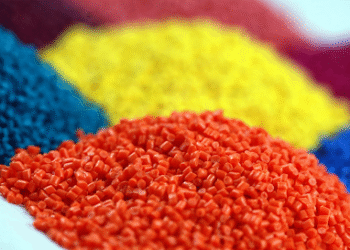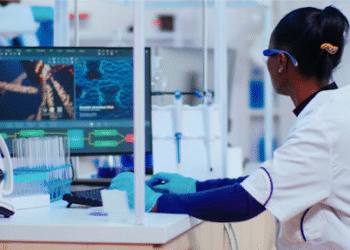Each day each company generates garbage but not all trash is created equal. To eliminate it properly recycle, and comply with local regulations, one has to know about the different types of commercial rubbish. Companies can dispose of their waste efficiently and properly with the assistance of companies like altrincham skip hire. Each business sector has its unique combination of trash commodities, ranging from offices to restaurants building sites to stores. Understanding what you dispose of can not only save the environment but also reduce trash costs as well as promote your business’s sustainability initiatives. Most frequently encountered forms of business waste are explained here in greater depth along with the reasons that justify why management is imperative.
Inert Waste
Frequent on building sites and landscaping projects is inert waste. It is made up of contents such as stone sand concrete rubble and soil that will not chemically react and will not rot. Inert waste is safer than most forms of waste but it occupies space in high-grade landfills unless it is recycled or reused. Most inactive materials may be used to backfill construct roads or for landscaping purposes. Businesses conserve natural resources and avoid trash charges by separating inert waste from the rest. Tenders often produce sensitive garbage documents and papers containing confidential employee client or company information.
They are offices banks medical professionals and law firms. They consist of hard drives paper files or outdated files requiring secure disposal to satisfy data protection laws and ensure privacy. Sensitive trash needs to be shredded or destroyed by utilising licensed secure disposal facilities. Effective treatment minimises the risk of data loss and identity fraud therefore ensuring trust and compliance.
Universal Trash
Companies generate primarily general trash which includes all nonrecyclables. Used paper towels disposable containers food wrapping and other composite forms that are not recyclable are just a few examples. Although there is some general trash which cannot be avoided companies can limit it by encouraging recyclables and better ways of sorting. To maintain a clean working environment and avoid contamination, companies ought to see to it that such kinds of waste are regularly removed and destroyed properly.
Refusable Trash
Substances that are capable of being processed and reused are recyclable waste, and this reduces the need for new raw materials. Paper cardboard glass metal cans and plastic are examples of popular recyclable materials. While restaurants and shops can yield plenty of cardboard boxes offices yield high levels of paper wastage. Having easily identifiable recycling containers will prompt workers to segregate waste accordingly. Using reliable waste disposal firms ensures that recyclable materials are not sent to landfills unnecessarily.
Food Waste
Food wastage can be created in massive volumes by restaurants coffee shops supermarkets, and even offices. They are remainders of food rotten food and leftovers. Found in dumpsites food waste is highly poisonous due to the emission of methane a highly powerful greenhouse gas. Food wastage is prevented by companies through better stock management donating surplus edible food or providing composting facilities. Compost bins and frequent collections allow food waste to be stored separately from other waste.
Hazardous Materials
Hazardous wastes are those substances which would be harmful to the health of human beings or nature if not disposed of suitably. Some of them might be paint chemicals batteries oils and cleaning agents. Usually hazardous wastes are produced by industries like construction manufacturing automobiles or other similar types of industries. There are proper regulations for disposal marking and storing such wastes. Companies have to train staff on how to dispose of dangerous chemicals safely and employ certified disposal companies to be in line with regulatory demands and hence avoid paying heavy fines.
Demolition and Building Rubbish
Construction and rebuilding generate vast quantities of waste products such as concrete metal shavings wood insulation gypsum board and brick. The majority of this waste is heavy and bulky but can be reused in most scenarios if segregated. Through sorting at the site and sending forward to recycling facilities, construction companies can reduce environmental impacts and achieve sustainability goals. It is easy to collect and dispose of through the services of firms.
Clinical and Medical Waste
Physicians dental practices beauty parlour salons and even tattoo parlours generate clinical waste. These involve worn-out bandages syringes gloves and so forth that have come into contact with human fluids. These wastes are strictly controlled and must be kept in special containers and picked up by professional waste contractors. They exert catastrophic health impacts on the workers environment and general public if improperly disposed of. Business organisations that deal with clinical waste are required to meet stringent practices of segregation labelling and transport.
Conclusion
Identification of different kinds of commercial trash puts companies within the law maintains their environment clean and cuts down on refuse dump charges. Outsourcing ensures all trash from regular trash to toxic waste is collected sorted, and destroyed.















